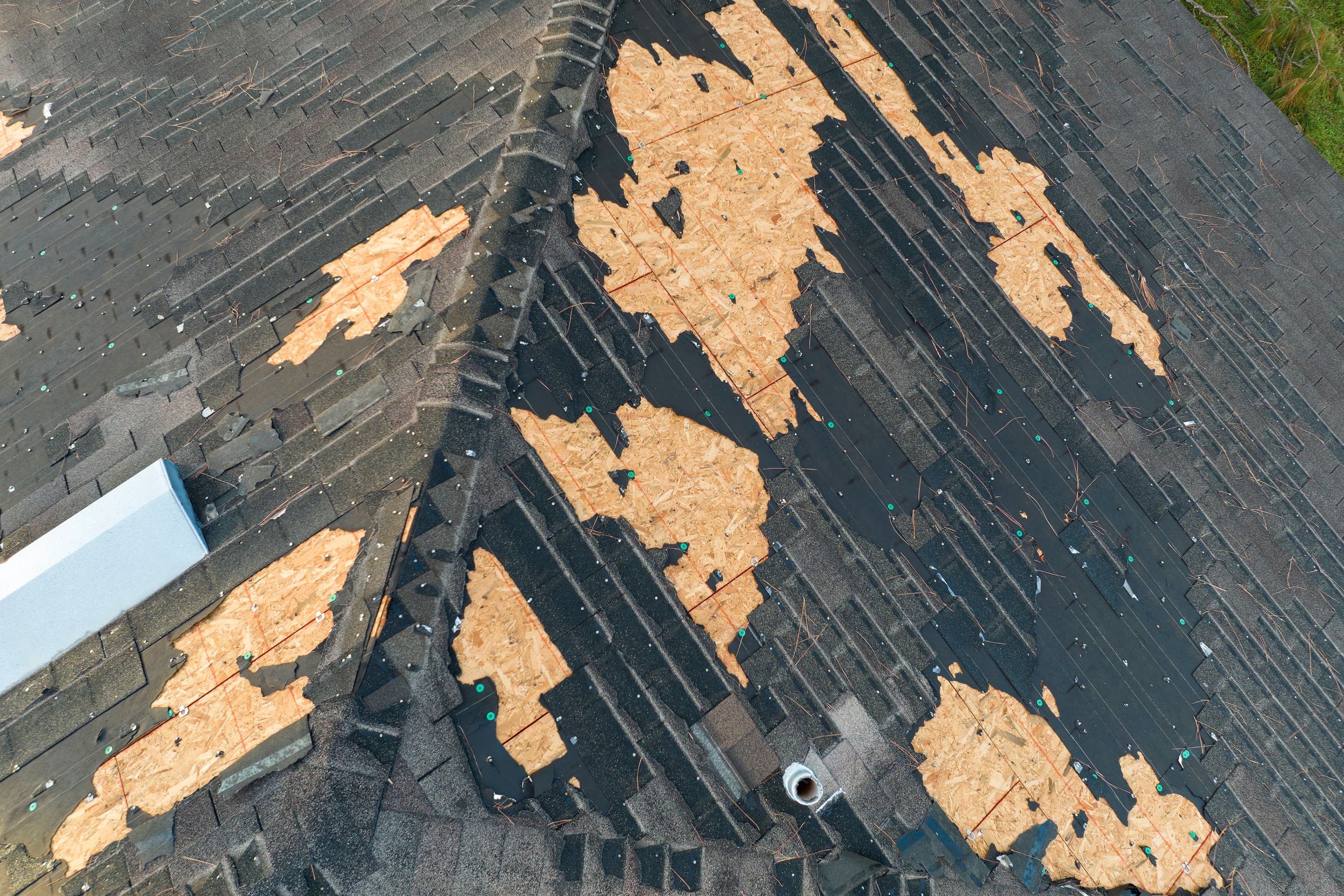Filing a Hailstorm Property Damage Claim in Texas: What You Need to Know
Filing a Hailstorm Property Damage Claim in Texas: What You Need to Know
Filing a Hailstorm Property Damage Claim in Texas: What You Need to Know
Hailstorms are a frequent and destructive reality across many parts of Texas. From shattered windows to damaged roofing, hail can cause extensive harm to homes, commercial buildings, and vehicles in just a matter of minutes. When property is damaged in a hailstorm, filing a first-party insurance claim becomes essential to begin the recovery process — but the process isn’t always as straightforward as it should be.
The Hidden Costs of Hail Damage
Not all hail damage is immediately visible. While some effects, like broken windows or dented siding, are obvious, other forms of damage — such as compromised roofing materials or small leaks — may go unnoticed until they cause bigger problems.
Even when hail damage is properly documented, insurers may attempt to:
- Minimize the severity of the damage
- Attribute issues to wear and tear or pre-existing conditions
- Delay inspections or responses
- Offer lower settlements than what the repairs require
These tactics often leave property owners frustrated and uncertain about how to proceed.
Why It’s Important to Act Quickly
After a hailstorm, time is of the essence. Most insurance policies require that property owners report damage within a specific time frame. Waiting too long could result in a denied claim or complications during the review process.
To protect your claim:
- Conduct a thorough inspection or hire a professional to do so
- Take clear, dated photographs of all damage
- Review your insurance policy to understand your coverage
- Document all communication with your insurer
Taking these steps early helps preserve your right to a full and fair claim review.
Legal Support When Insurers Push Back
When dealing with insurance companies, policyholders may find themselves at a disadvantage — especially when the insurer’s goal is to minimize payouts. Legal support can play a key role in ensuring that your claim is treated fairly, and that your rights are respected throughout the process.
Gulf Coast Insurance Lawyers is a firm that offers dedicated representation to individuals and businesses seeking compensation for hailstorm-related property damage. Their team understands how insurance companies operate and provides clear, informed guidance for clients navigating this difficult process.
Why Gulf Coast Insurance Lawyers Stands Out
Led by Danny Ray Scott, Gulf Coast Insurance Lawyers brings over 21 years of experience in insurance litigation to every case. Mr. Scott’s background includes both military service and a long legal career focused on protecting the interests of policyholders. His in-depth knowledge of Texas property damage law and litigation strategies positions the firm as a strong advocate for homeowners and business owners statewide.
The firm’s commitment to handling only insurance and personal injury claims ensures a focused, client-first approach. With experience in both residential and commercial claims, they bring insight and clarity to every step of the insurance process.
Recovery Starts With a Reliable Partner
When hail damage strikes, property owners should not have to worry about whether their insurer will fulfill its promises. With the right legal guidance, policyholders can ensure that their claims are properly valued and that they are treated with fairness and respect.
Gulf Coast Insurance Lawyers helps make that possible — offering informed advocacy for Texas residents facing the challenges of hailstorm recovery.
 Gulf Coast Insurance Lawyers
Gulf Coast Insurance Lawyers
If you believe your insurance company has acted in bad faith, you should Gulf Coast Insurance Lawyers today.
Read More Articles & Resources

 Maximize Your Hurricane Beryl Property Damage Claim with a Skilled Lawyer
Maximize Your Hurricane Beryl Property Damage Claim with a Skilled Lawyer
Learn how a skilled property damage lawyer can help maximize your Hurricane Beryl insurance claim.

 Gulf Coast Insurance Lawyers: Expertise in Handling Plumbing Damage Claims
Gulf Coast Insurance Lawyers: Expertise in Handling Plumbing Damage Claims
Plumbing damage can cause extensive harm to properties, leading to costly repairs and the challenging task of filing insurance claims.